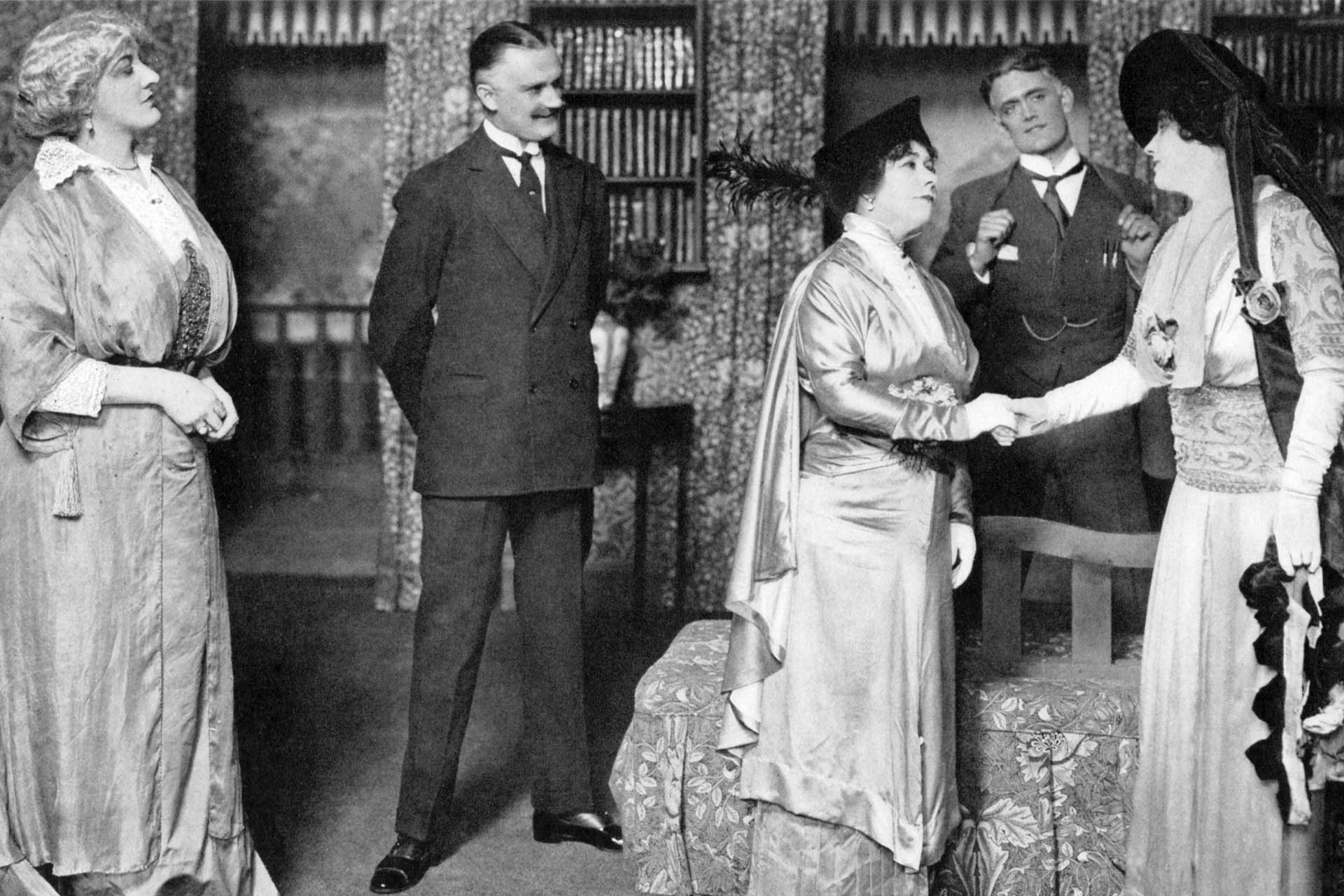Throughout their degrees, students at the School of English consistently interrogate and consider the roles that literature and writing can play within the wider world. Moreover, in our Stage Three module Reaching Out: Engaging Communities in Literature and Creative Writing, students have the opportunity to put such considerations into practice. The module centres on guiding students through the process of planning and delivering their own project that takes place in a community setting. Examples of these projects include, but are not limited to, a creative writing workshop with a local charity; a poetry walk in collaboration with an arts organisation; a reading group with a specific community.
This year, Amelia Fewings (BA English and American Literature with a Year in Journalism) focused her Reaching Out project on Pygmalion, and we are delighted to share her reflections on the work she undertook.
By Amelia Fewings
As part of one of my third year modules I was lucky enough to be able to plan and execute a community literature project. In the first seminar we were encouraged to think about which communities we were already involved with, this led me to think about the church community I am a part of, as the community has a wide range of people and ages which could be part of my project. I was inspired by Bell Hooks who discusses that education should go beyond the traditional classroom setting and should continue for life [1]. Therefore, I began to think about older people who no longer access formal education and who have been particularly isolated in the pandemic. My church had discussed recently about wanting to create more of a community between younger and older members and therefore I knew this project could do this whilst also engaging with literature and learning.
After finding older members of my church to participate and various emails and phone calls with them asking about what sort of things they might be interested in learning, I settled on creating a workshop to discuss George Bernard Shaw’s text: Pygmalion. This text has a wide range of issues to discuss including class and gender; it is also comical and I believed it to be a less ‘daunting’ text to discuss with people who were not used to educational settings as the adaptation, ‘My Fair Lady’, is so popular.
As my project took place during the pandemic, I had to learn how to organise this event online whilst trying to make it as accessible as possible for people. My event took place on zoom with older and younger members of my church community. The event was a mixture of teaching and discussions, involving historical context, questions and creative thinking as well as a ‘get to know you’ activity. Often the conversations veered off topic but allowed us to talk about generational differences, particularly in regards to gender, and social media. One participant linked the church with one of the characters in Pygmalion, this was then discussed as a group, sharing personal stories. Although I had not seen a link between Christianity and Pygmalion, I was excited that a participant had been inspired to read further into the text and bring this comparison. Especially as Christianity is what links everyone in my workshop and therefore increased the sense of community.
I was also pleased to find that my workshop is incredibly versatile. As more people heard about my project, I ran the same workshop session twice more with different groups of people. Overall, my project was a success in bringing together different age groups in my community through literature and giving the opportunity to people not in the educational system to continue learning about something which I am really passionate about! One of my participants and I are discussing making these workshops/reading groups more regular, inviting more old and young people from my church community to get to know each other.
The module was something that was so different from anything I had ever done for university before and it was an exciting way to learn about using my degree for the ‘real world’, create a difference in my community and learn and enhance so many skills which I hope to use in the future.
[1] Bell Hooks, ‘Teaching Community: A Pedagogy of Hope’. New York: Routledge, 2003 p14
Image credit: Photograph by Stage Publishing Company of the Broadway production of George Bernard Shaw’s Pygmalion via WikiCommons.

